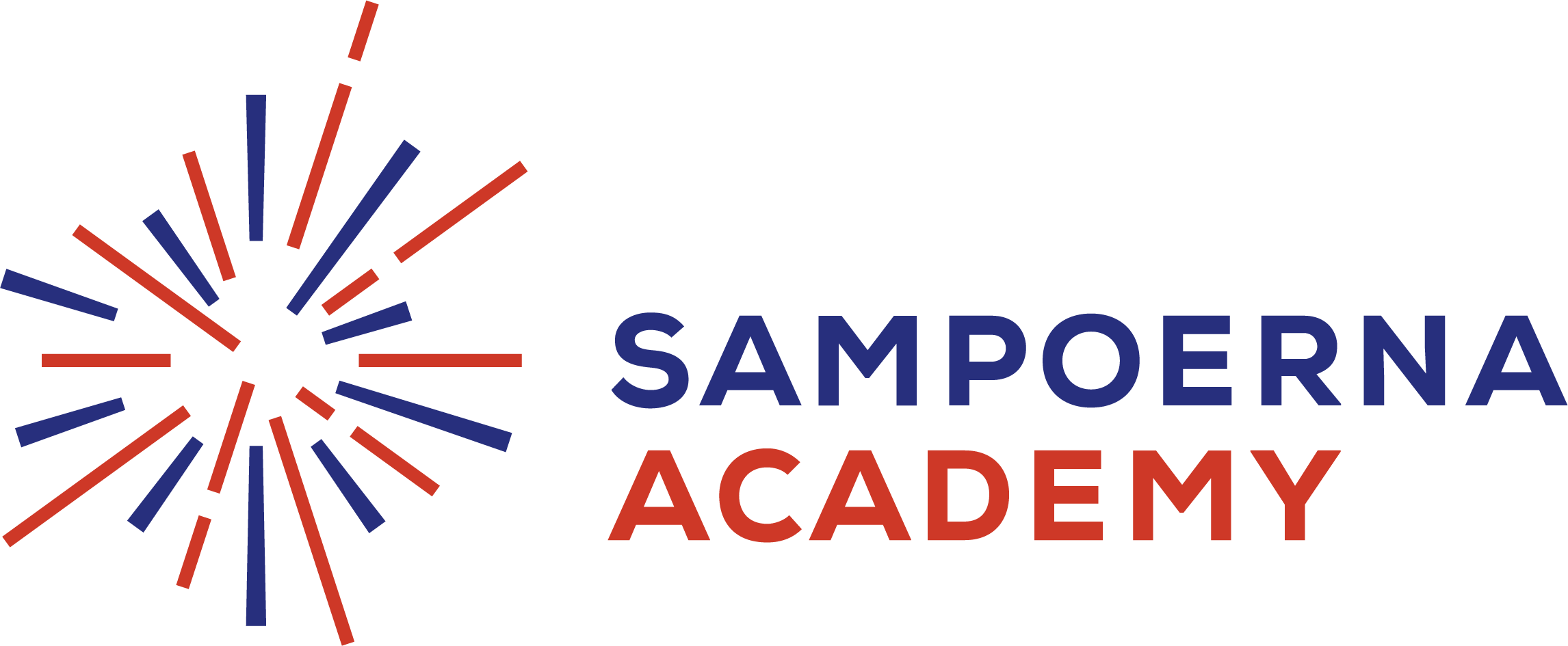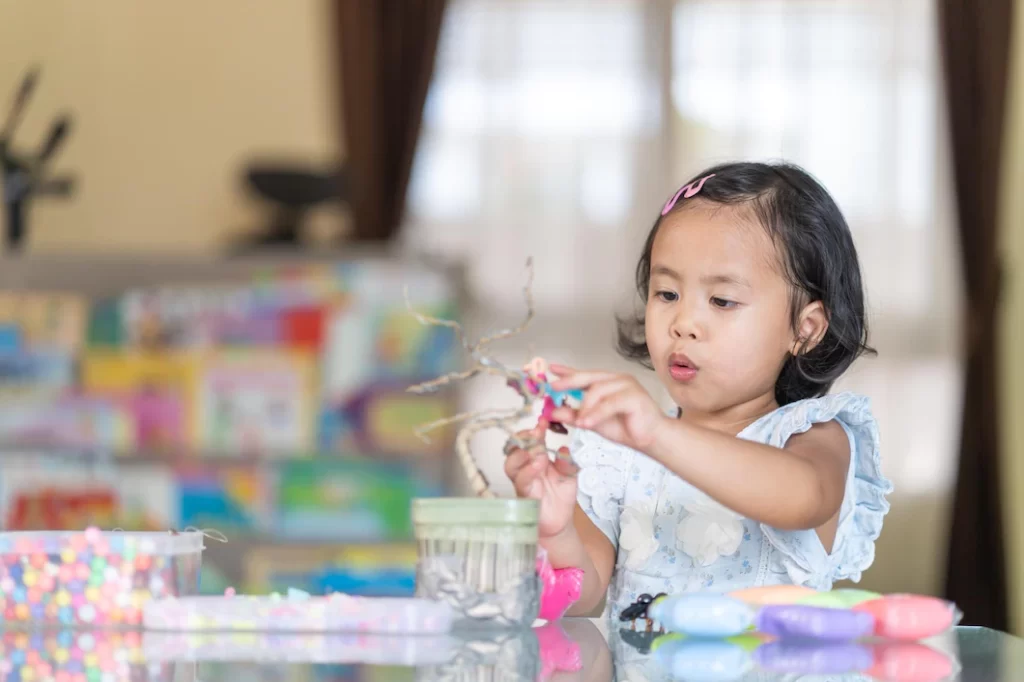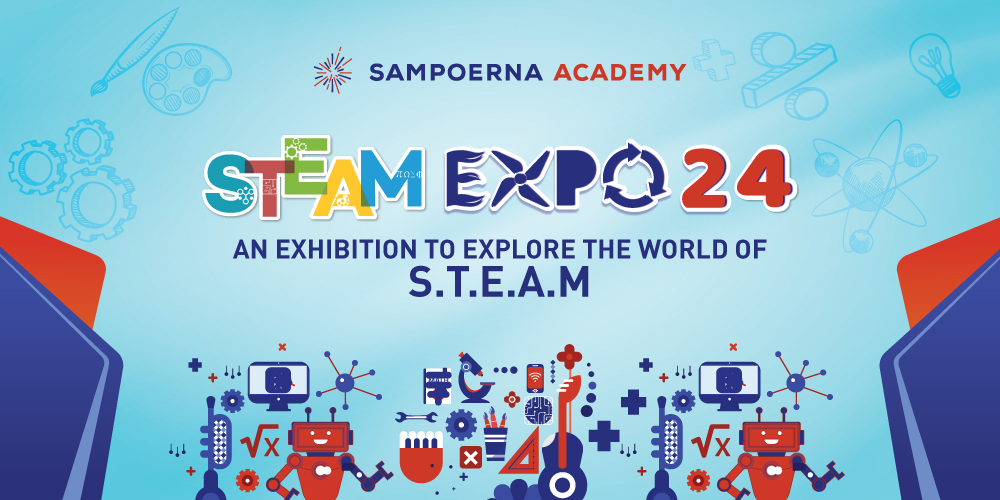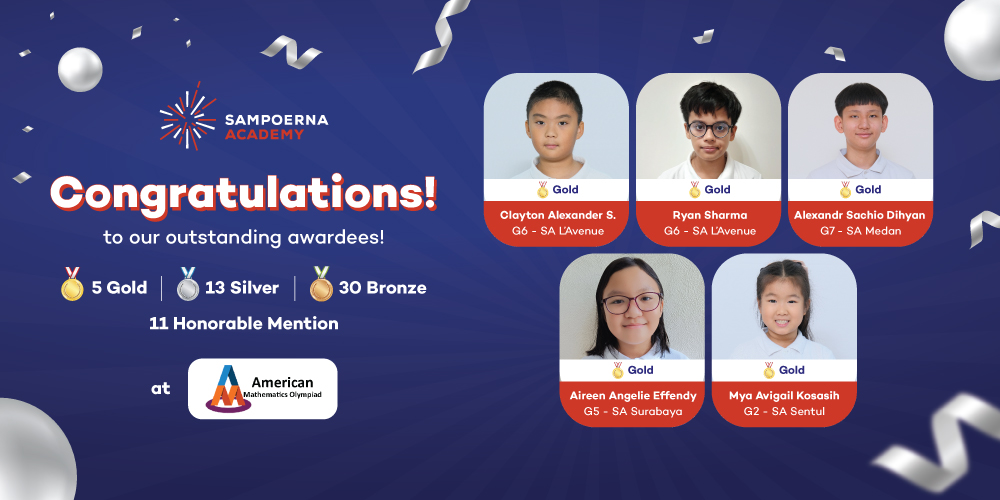Choosing the right preschool or early childhood education program for your child is crucial as it can greatly impact their cognitive development, behavior, and future school performance. One option that you may want to consider is Sampoerna Academy, an early childhood education program that is known for its high-quality education and experienced teachers.
When evaluating a preschool, it’s important to look at factors such as the teachers, environment, and policies. These elements guide the school’s activities and effectiveness, and can play a significant role in your child’s growth and development.
To learn more about the kindergarten program offered by Sampoerna Academy, you can review their website, schedule a tour, and talk to student counselors. Additionally, when evaluating any preschool, look for the following 17 signs that indicate the school is well-suited for your child’s growth and development, such as the school’s curriculum, teacher qualifications, and the overall learning environment.
15 Features of A Good Preschool Programme in Indonesia
1. Child-Centered programme.
In a child-centered program, the focus is on the individual needs and learning style of each child. Instead of traditional, teacher-directed instruction, children are encouraged to take an active role in their learning and explore at their own pace. Teachers act as guides and partners in the learning journey, rather than solely delivering information. This type of childhood program often includes elements such as free play, an inquiry-based curriculum, and age-appropriate playground equipment to nurture children’s growth and development in academics, emotions, and social skills.
2. Welcome atmosphere.
Sampoerna Academy creates a welcoming and inclusive atmosphere where diversity is embraced and celebrated. This kind of environment allows young children to understand and appreciate the differences among people and learn to practice compassion. With diversity being a core reality of today’s global economy and classrooms, this approach is important in preparing children for success in a diverse world. At Sampoerna Academy, students from all backgrounds are fully accepted, welcomed and encouraged to engage in all activities, making it a positive and inclusive environment for children to grow and learn.
3. Well-qualified teachers.
Highly qualified teachers are essential for the proper development of young children during their early years of education. These teachers possess the necessary professional training, certification, and experience to guide, shape, and assist children’s growth. They also have a deep understanding of early childhood development and provide children with daily opportunities to develop academically, emotionally, and socially. At Sampoerna Academy, teachers are carefully selected and trained to ensure that they possess the necessary qualifications to provide the best education for young children.
4. Inquiry-based curriculum.
An inquiry-based curriculum, like the one offered at Sampoerna Academy, is designed to tap into children’s natural curiosity and desire to explore the world around them. It encourages children to pursue their interests, ask questions, and discover outcomes through hands-on activities and exploration. This approach differs from traditional, teacher-led lectures, as it allows children to take an active role in guiding their own learning and making choices based on their interests and curiosity. This type of curriculum at Sampoerna Academy encourages children to think critically, be creative and develop their own unique talents and abilities.
5. Open-ended, Creative Activities.
Open-ended, creative activities allow children to tap into their imagination and develop important problem-solving skills. These types of activities, such as inventing their own games or deciding how to play with objects, not only promote creativity but also increase engagement and offer children the freedom to create their own fun and explore new ideas. Encouraging open-ended play in children is a great way to support their overall development.

6. Free and unstructured playtime.
Unstructured and free play allows children to hone their critical thinking, creativity, communication, and problem-solving abilities. This type of play, both indoors and outdoors, also helps to build social skills and provides physical exercise. A quality nursery or preschool should incorporate ample unstructured playtime into their daily routine to support children’s overall development.
7. Voice and choice in learning.
Allowing children to have a say in the lessons and projects they participate in empowers them to take ownership of their learning. Giving students a voice and choice in their education leads to increased engagement, excitement, and motivation to attend school. It also boosts children’s confidence as they have the opportunity to showcase their learning in personal and unique ways.
8. No cookie-cutter types of activities.
Personalized education recognizes that each child learns, processes, and retains information differently. Instead of using a one-size-fits-all approach, it adapts to the unique needs and strengths of each child. Engaging in activities such as experiments, projects, and playtime that involve the five senses helps to promote critical thinking, creativity, and individuality. Personalized education allows children to learn in a meaningful and stimulating way.
9. Small working groups.
At the Sampoerna Academy, class sizes are kept intentionally small from the nursery level to enhance the learning experience. To further boost learning, small, focused groups are also utilized. This approach allows children to have ample time to practice new skills, develop communication, and pursue interests with a few peers. Small group settings foster learning and promote important life skills such as cooperation, compromise, and compassion.

10. Positive, kind approach to discipline.
A positive and kind approach to discipline is effective by providing clear guidelines, expectations, and consequences in advance. Teachers also focus on teaching problem-solving skills, addressing potential problematic behavior before it occurs, and modeling respectful communication. This approach helps children feel a sense of belonging, and encourages them to be responsible, independent, and empowered. As a result, children feel appreciated and recognized and it fosters positive behavior.
11. Reading time with teacher and mates.
An early childhood program that includes ample reading time with teachers and librarians can greatly enhance your child’s cognitive skills and prepare them for academic success. Reading opens the doors to a world of wonder and knowledge for children, and it also supports the development of curiosity, language, vocabulary, auditory perception, concentration, logical thinking, emotional regulation, imagination, and creativity. Choosing a early childhood program that prioritizes reading is an excellent way to support your child’s overall development.
12. Teaching phonics through games and other activities.
Building a strong foundation in phonics during the early years sets children up for success in reading. Incorporating games and fun activities into phonics instruction makes learning enjoyable and helps children retain the concepts. Additionally, playing phonics games and engaging in related activities also teaches children important social skills such as taking turns, sharing, and communication.
13. Hands-on math learning.
Hands-on learning is an effective method for teaching math. Tactile and visual aids such as blocks, counters, and other manipulatives allow children to explore mathematical concepts by using their reasoning and thinking abilities. By using these tools in preschool, children are able to develop a strong understanding of math that will serve as a foundation for future learning. This method of teaching math through hands-on activities is engaging and leads to a deeper understanding of mathematical concepts.
14. Multiple hands-on activities.
Hands-on, experiential activities are a crucial component of an effective early childhood education program as young children learn best through direct experience. Examples of hands-on activities include working with clay, building with blocks, painting, water play and sensory play. At the Sampoerna Academy, we also offer small-world stations that provide children with opportunities to learn, discover, and develop through active play. This hands-on approach to learning helps children to better understand and retain new information.
15. Respectful and inclusive environment.
Creating a respectful and inclusive environment in preschool is essential for children’s growth and development. Recognizing that each child learns differently and at different rates, inclusive preschools honor the unique needs of each child and foster a sense of belonging. This environment also promotes social-emotional learning, empathy, compassion, self-esteem, and communication. Good kindergarten teachers are exemplary in their behavior and provide a variety of open-ended play opportunities to support children’s growth. This approach ensures that all children feel valued and respected regardless of their background or learning style.

A high-quality preschool program should provide an environment where children can learn organically as they start to understand the world around them. This type of program should foster curiosity and a desire to explore and learn new things. A play-based curriculum that is structured and recognized will help children grow socially and academically. This strong foundation sets children up for success in elementary school and beyond.
At the Sampoerna Academy, we strive to provide an environment that fosters curiosity, exploration, and a love of learning. Our program is designed to support children’s overall development, with a focus on building a strong foundation for future academic success.
We invite you to join our community and give your child the opportunity to thrive at the Sampoerna Academy. Contact us today or fill the form below for any question.
[formidable id=7]





